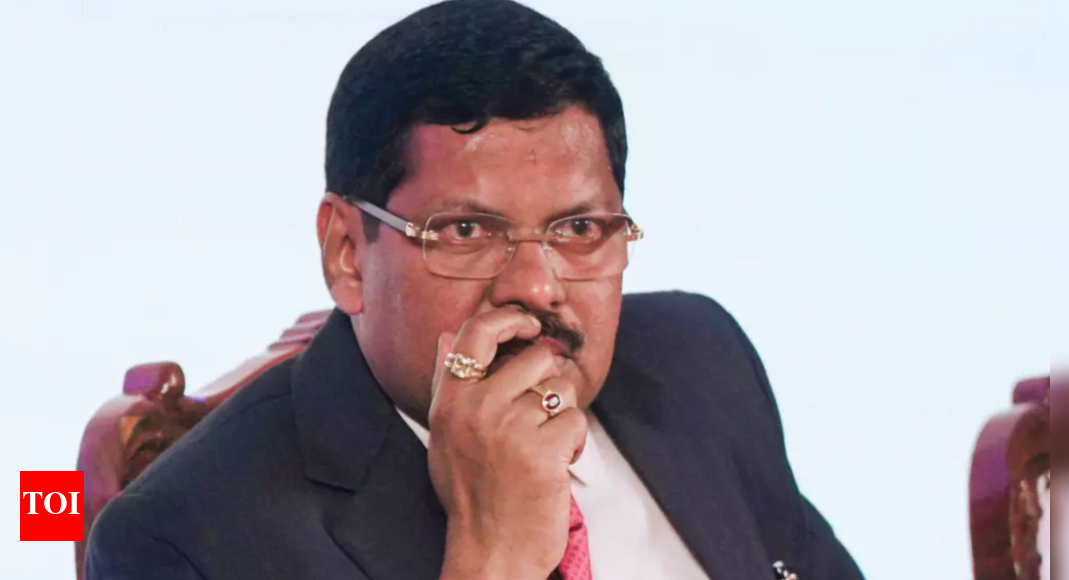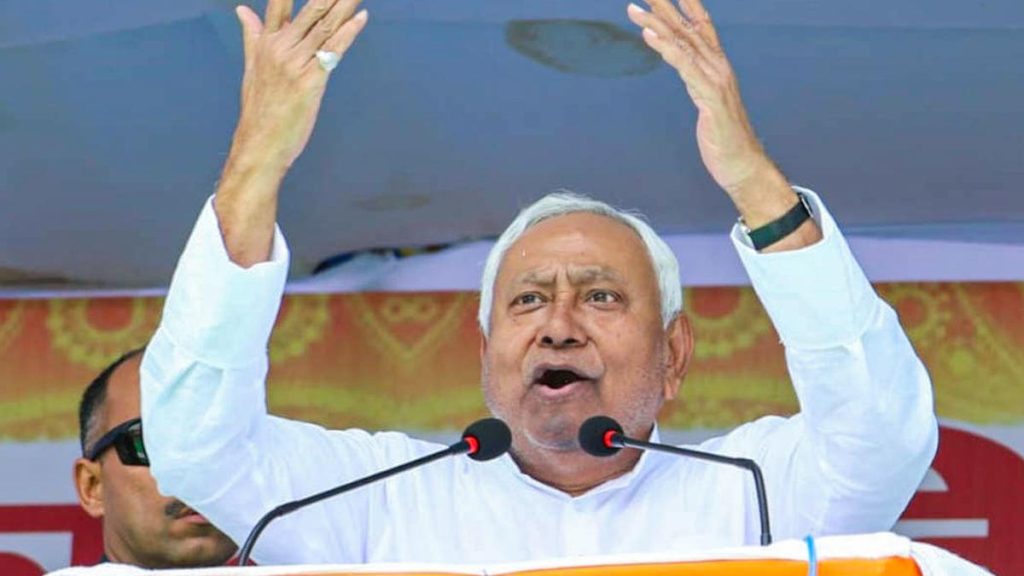Now Reading: Post-Retirement Roles for Ex-Judges Erode Public Trust: CJI
-
01
Post-Retirement Roles for Ex-Judges Erode Public Trust: CJI
Post-Retirement Roles for Ex-Judges Erode Public Trust: CJI

Speedy Summary
- CJI Remarks: Chief Justice of India B R Gavai criticized judges who resign to contest elections or take government positions post-retirement, citing ethical concerns and risks to public trust in judicial integrity.
- Event: CJI delivered these remarks during a lecture at a round table organized by the UK Supreme Court on tuesday.
- Concerns Raised: Judges contesting elections or accepting government appointments soon after retirement can create perceived conflicts of interest, raising doubts about judiciaryS independence and impartiality.
- Ancient Context: Justice S Fazl Ali was the first SC judge to accept governorship while still serving as a judge in 1952 under Nehru’s government.
- Recent Exmaple: Calcutta High Court’s Justice Abhijit Ganguly resigned last year and contested on a BJP ticket after previously criticizing TMC in his rulings.
- Commitment by Judges: CJI Gavai emphasized that many judges now pledge not to accept post-retirement roles from the government to preserve judicial independence.
Image provided: !Image
Indian Opinion Analysis
the issue raised by CJI gavai touches upon basic principles of judicial ethics, impartiality, and independence-cornerstones for maintaining public trust in India’s legal system. Public perception is crucial; when judges take political or governmental roles shortly after retiring, it may be viewed as compromising their neutrality during tenure due to potential vested interests or future benefits.
The pledge by some judges to refrain from accepting such positions could help reinforce credibility within the judiciary but may require broader institutional reforms for systemic solutions rather than voluntary commitments alone. The historical precedent mentioned reflects how entrenched such practices are within India’s legal-political intersection yet remains controversial.
India faces significant challenges in managing this balancing act between ensuring democratic rights (such as contesting polls) versus sustaining faith in unbiased judicial conduct-a debate that merits nuanced discourse across stakeholders without undermining democratic values.























